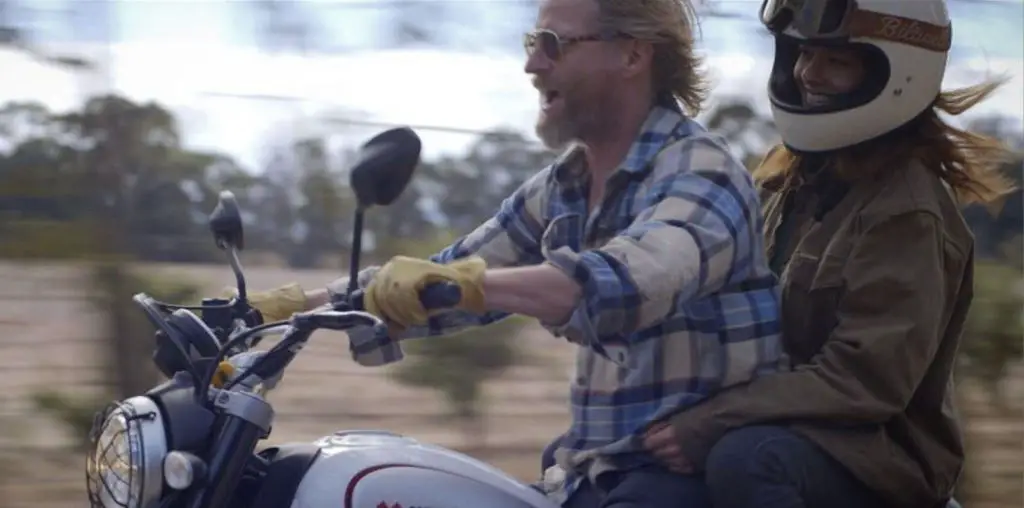
The world wasn’t exactly in need of another filmed version of Charles Dickens’ Nicholas Nickleby–there is the classic 1948 British feature and the Emmy Award-winning record of the legendary nine-and-a-half hour Broadway adaptation. Still, Douglas McGrath’s new film offers a treat for fans of Dickens and moviegoers who love to see a fairly large cast ham it up with delirious abandon.
For those unfamiliar with the story, here it is in the proverbial nutshell: Nicholas Nickleby is a 19-year-old Devonshire youth whose father dies abruptly. He takes his mother and sister to visit his London-based uncle in hopes of finding shelter and work. The uncle quickly ferries Nicholas off to work at a horrid boarding school where the children are physically and emotionally abused. Nicholas’ sister is pimped out to some h***y old men in London. Nicholas, after being witness to some unfortunate incidents, runs away from the school and takes along a crippled and mildly retarded boy named Smike, who had been the victim of considerable abuse by the schoolmaster and his nasty wife. Nicholas and Smike hide out for a while with a traveling theatrical group, then go off to London to wrap up some wildly flapping loose ends and to expose grave secrets that embarrass half the characters.
Reportedly filmed on a budget of $10 million, “Nicholas Nickleby” looks like a grand epic thanks in large part to handsome cinematography by Dick Pope and well-focused production design by Lesley Walker. Rachel Portman’s eloquent, subtle music score beautifully mirrors the action and imagery on screen. In many ways, this is the best-looking and most aurally pleasing release of 2002.
But if there is any reason to watch “Nicholas Nickleby,” it is to enjoy its all-star cast trying to one-up each other. At times, the film plays like a Dickensian version of “It’s a Mad, Mad, Mad, Mad World” with its surplus of famous names running amok on screen. Jim Broadbent as the one-eyed vicious headmaster and Juliet Stevenson as his equally repulsive mate are so gluttonous in their scenery chewing that it is impossible not to love them rather than loathe them, while Christopher Plummer as Nicholas’ uncle is so unbearably icy (and so in love with his cool nastiness) that it is a shame he wasn’t cast as Mr. Freeze in one of those Batman films. For the hambone theatrical company, the screen is invaded by three of the most unsubtle scene-stealers who each seem to be elbowing the other for an extra inch of screen: Alan Cummings, Nathan Lane and, in a truly demented bit of casting as Lane’s wife, Australian comic Barry Humphries doing his cross-dressing Dame Edna Everage character. With these zany guys bellowing and double-taking all over the screen, some weaker viewers may wish to see if aspirin is sold at the cinema concession stand. Tom Courtney, Edward Fox and Timothy Spall also turn up on screen with various eye-rolling and mouth gaping routines to encourage viewer attention stays on them.
If the film does have a drawback, it would be in casting Charlie Hunnam as the title role (the most interesting thing about him is his very, very, very blonde hair) and Jamie Bell as Smike (who, quite frankly, is never credible in relaying the physical and emotional afflictions of his character). Both Hunnam and Bell were clearly cast for their good looks rather than their acting depth, and their deadhead personalities throw the film off-kilter. Still, the abundance of a wildly overacting supporting cast more than compensates for the two dull pretty boys standing front and center.
